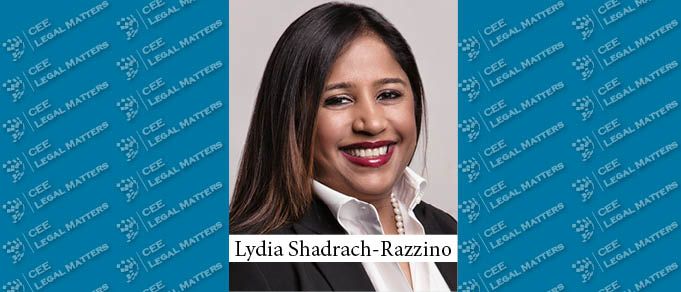Lawyers get a helicopter view of the deal-making environment, as we have access to various sub-sectors within the private equity space and the general mergers and acquisitions deal-making space. We have access to large corporates, family offices, PE funds, and some pretty savvy transactors.
From my perspective, there are two sources of deals: financial investors and corporates buying and selling. Research shows that over the last ten years, South African corporates have accumulated close to ZAR 1 trillion in cash on balance sheets. These corporates can do two things with this: (i) give it back to shareholders (for some reason, Chief Executive Officers are reluctant to do this), or (ii) spend the cash on investments. At the same time over the last ten years we have had a great amount of political uncertainty in South Africa – our economy has shrunk as result. We have had uncertainty in the mining sector and in the tax regime and there has been no clarity on policy – not to mention our growing electricity crisis, which actually started in 2008. All this has caused a great amount of panic, leading to a gradual decline in deal-making activity.
The big deals, as we once knew them, are simply not there. However, we do have a few large cap deals to talk about, including: (i) Woolworths’ 2014 acquisition of Australia’s David Jones; and (ii) the 2016 Mediclinic/Al Noor deal (in which South Africa’s Mediclinic private hospital group agreed to buy UAE-based Al Noor for ZAR 1.4 billion). Both deals have turned out to be rather disappointing, as Woolworths’ share price has dropped and Mediclinic is now worth half of what it was worth then. Famous Brands’ 2016 acquisition of Gourmet Burger Kitchen also disappointed, and with it went a darling of the Johannesburg Stock Exchange. These were outward-facing South African deals. Other than the 2016 SAB Miller/Anheuser-Busch Inbev merger (with a USD 107 billion value) we have not seen any significant inward deals in the last five years. A current on-going large deal is Pepsi’s proposed acquisition of Pioneer Foods – this will be one to watch. Otherwise, there haven’t been many significant inward investments from Europe.
Private equity is a subset of the general deal-making category – and African private equity has also not performed well over the last decade. My conversations with funds and private equity transactors have revealed that portfolio company profits are down 50% in some instances, and the deals that are happening are happening because capital must be deployed (or lost) – as mandates are coming to an end, disposals must therefore be done.
There is still some activity though; it’s not all doom and gloom, as all the afore-going points to this being a buyers’ market. There are still deals to be done and the hot sectors are (i) Telecomms, (ii) Education, (iii) Services, and (iv) Agribusiness. The hot jurisdictions in Africa are Southern Africa, and West and East Africa.
Intel in the industry suggests that fund raising is not so easy at the moment. Even the royalty of South African funds are struggling somewhat to raise capital as dollar returns in African investments are not attractive. This is directly linked to our political climate and policy issues as well as the volatile rand (which has halved in value since 2012).
Black Economic Empowerment legislation – legislation enacted to redress the economic impact of Apartheid on Black South African citizens – continues to play a major role in deal-making in South Africa across sectors and is a foreign concept for foreign investors, so there is an extra hurdle to get foreign investors excited about investing in South Africa. It is, however, a fundamental imperative which has become part of our landscape.
The outlook is not ideal, as assets are in pain. However, the strong and patient will survive. In order to survive in this shrunken economy, one must be brave, patient, and hardworking. The assets are not going to work for investors unless investors roll up their sleeves and get into the trenches and make the assets work for them. Specialist funds are on the rise and are making a mark – and will continue to make their mark in their niches. Deals will definitely happen where the opportunities lie, though, and I remain cautiously optimistic. The next two years remain critical for South Africa and the deal-making environment.
Lydia Shadrach-Razzino, Director, Corporate Commercial, ENSafrica
This Article was originally published in Issue 6.10 of the CEE Legal Matters Magazine. If you would like to receive a hard copy of the magazine, you can subscribe here.


















